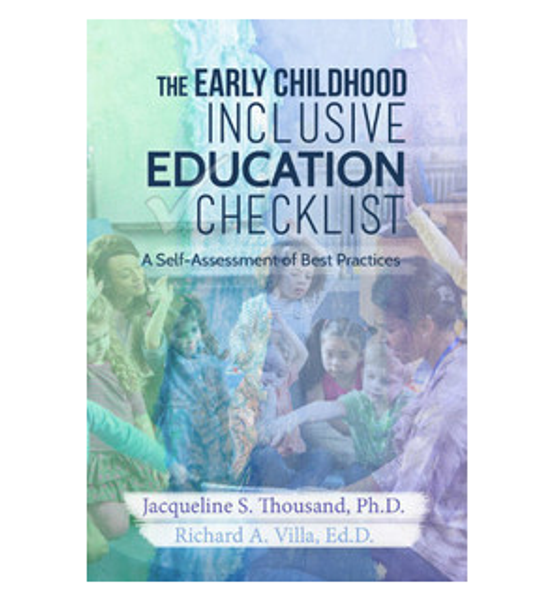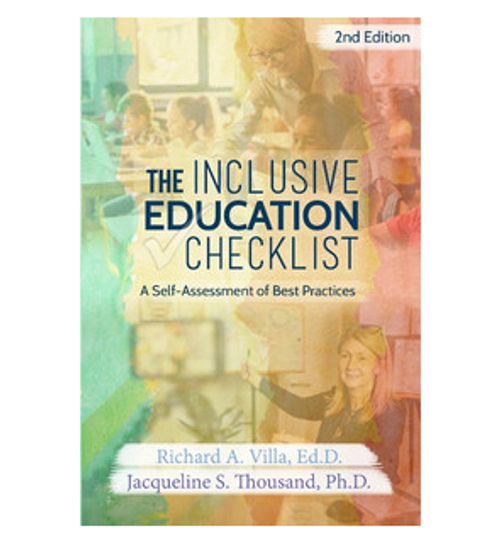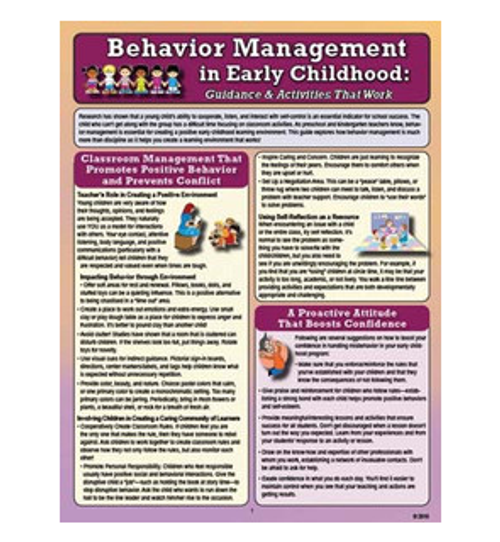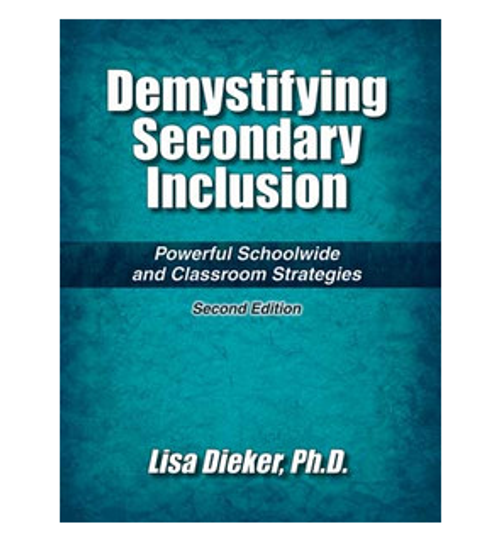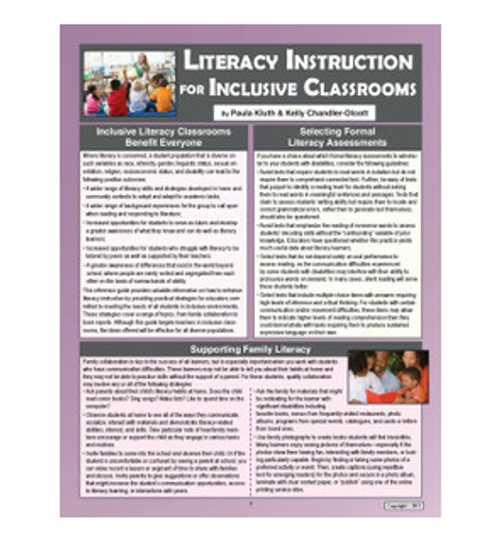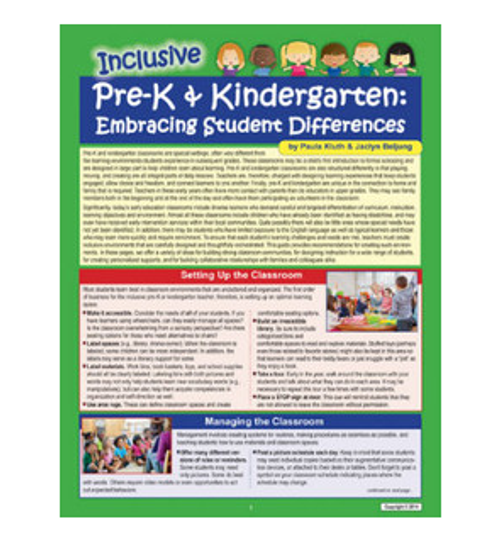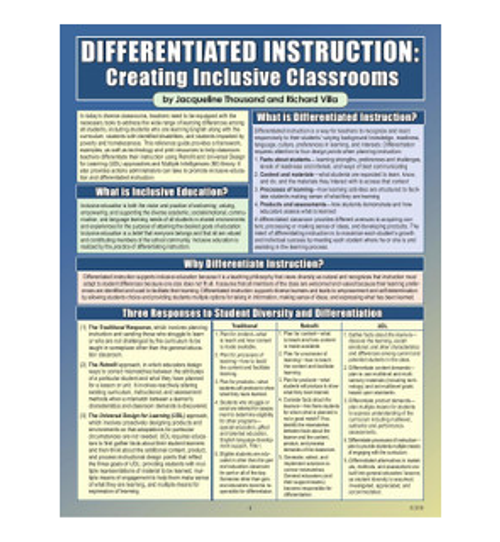Product Overview
The research is clear: early childhood inclusive education settings provide higher quality learning experiences and result in greater growth in the cognitive and social domains than disability-only settings for young children eligible for special education services. Positive outcomes cut across the range of disability categories, varying intensity of support needs, and types of inclusive early childhood education and care settings.
In The Early Childhood Inclusive Education Checklist: A Self-Assessment of Best Practices, co-authors Jacqueline Thousand and Richard Villa, who have spent over four decades advocating for and supporting school communities to initiate, implement, and sustain inclusive education best practices, synthesize their experience and extensive research to provide educators with an insightful and practical tool for implementing, assessing, and optimizing inclusive education.
The book provides 13 early childhood inclusive education best practices, which represent a checklist of essential components (or indicators) of quality early childhood inclusive education. To determine current level of implementation of best practices, readers are instructed to rate the degree to which each indicator occurs in their school. Directions are provided on how to calculate and interpret the total score, mean score, and range of scores. Each of the best practices interrelate and build upon one another to achieve the overarching goals of access, participation, supports, and success for all young children. The data derived from using the checklists can be used to plan for continuous program improvement.
By sharing the information in this book and conducting self-assessments related to the best practices described in its chapters, home, school, and community partners will establish common conceptual frameworks, knowledge, and skills among the stakeholders that lead to increased opportunities for young children to flourish in inclusive environments.

